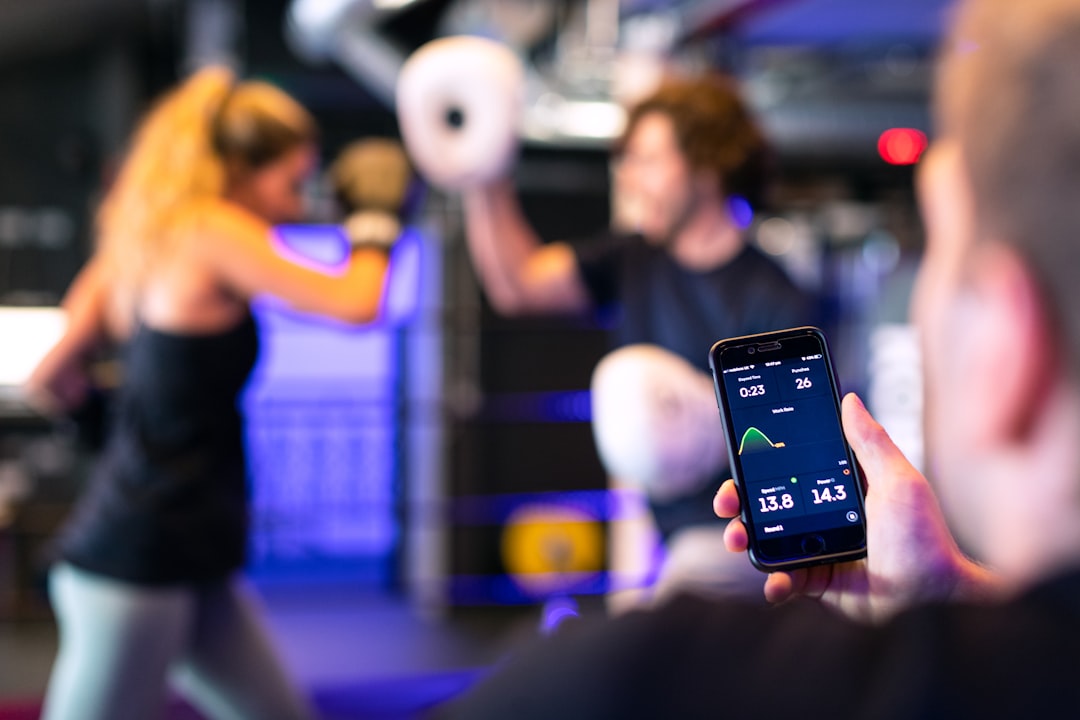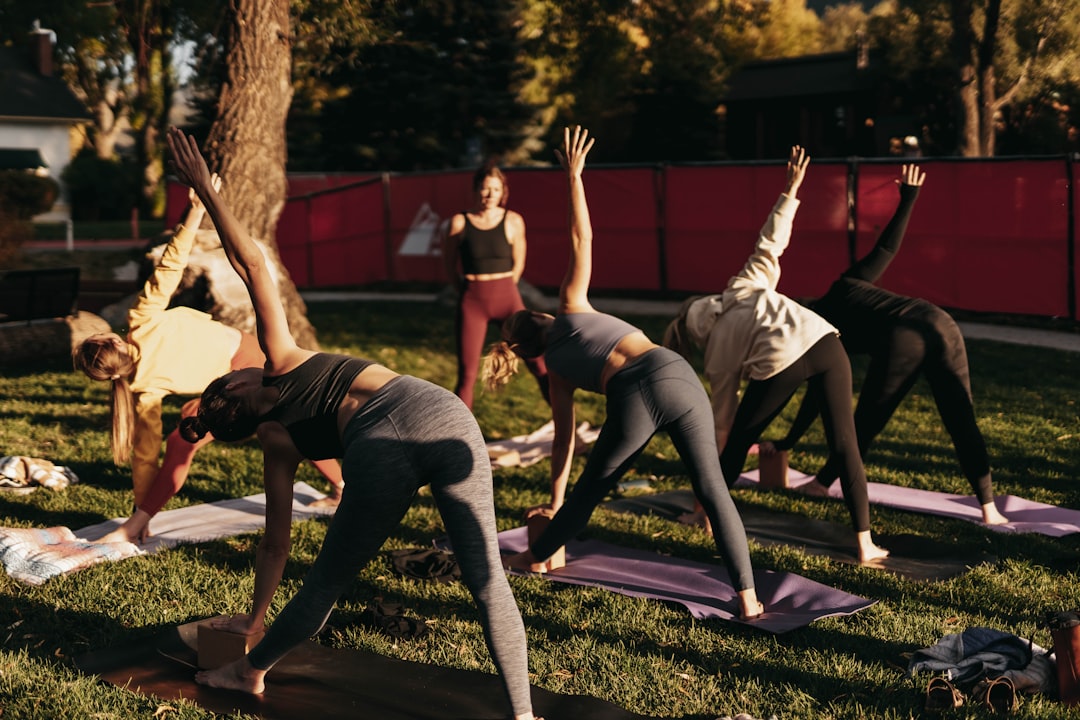Starting a fitness coaching business means one big thing in today’s digital world—you need a website. It’s your online home, your portfolio, and often the first impression you make with potential clients. If you’re not a tech expert or don’t have the budget to hire one, don’t worry. There are several beginner-friendly website builders designed specifically with non-coders and small business owners in mind.
TL;DR
Looking to create a fitness coaching website without any technical skills? Several beginner-friendly builders like Wix, Squarespace, and WordPress.com offer drag-and-drop interfaces tailored for personal trainers and fitness entrepreneurs. They include features such as booking tools, blog support, and integrations with social media and email marketing. Start with a platform that balances ease of use with the flexibility to grow as your business expands.
What Should a Fitness Coaching Website Include?
Before choosing a builder, it’s important to know what your website needs to accomplish. A successful fitness coaching website should have:
- Attractive design: First impressions matter. Your website should reflect your brand and mission.
- Service listings: Showcase your coaching programs, one-on-ones, classes, or downloadable plans.
- Booking functionality: Allow clients to schedule sessions directly through your site.
- Payment integration: Easily accept payments for sessions, programs, or memberships.
- Testimonials and results: Highlight success stories to build credibility.
- Mobile responsiveness: More than half of web traffic comes from mobile devices—your site must look great on any screen.
Top Beginner-Friendly Website Builders
1. Wix
Best for: All-around flexibility and ease of use
Wix is often the go-to option for beginners, thanks to its intuitive drag-and-drop editor. You can choose from dozens of templates designed for fitness professionals and easily customize them to suit your brand.
Key features:
- Wix Bookings – lets clients schedule and pay for sessions online
- SEO tools – helps you show up in Google results
- Mobile optimization – every template adjusts beautifully to phones and tablets
- Blogging capability – share fitness tips and updates
Pros: No coding required, good customization options, robust app market
Cons: Can become expensive with advanced features
2. Squarespace
Best for: Sleek design and visual appeal
Squarespace is known for its award-winning templates and minimalist, modern look. It’s ideal if you’re going for a polished brand image and a website that feels high-end.
Noteworthy features:
- Beautiful image and video galleries – ideal for showcasing before/after stories
- Built-in scheduling via Acuity Scheduling
- Commerce options – sell programs, digital downloads, and memberships
- Email marketing tools – keep your audience engaged
Pros: Visually stunning, great all-in-one functionality
Cons: A bit of a learning curve with layout editing for some users
3. WordPress.com
Best for: Blog-focused coaching and content marketing
If you love writing, want to share long-form training advice, or publish regular content, WordPress.com is a solid option. It’s different from WordPress.org—the self-hosted version that requires more tech knowledge. WordPress.com simplifies setup while still allowing for decent customization.
Features of note:
- Powerful blogging tools
- Basic page builder with upgrade options
- Themes customized for fitness professionals
- Ability to scale into more advanced hosting or plugins
Pros: Ideal for regular content updates, scalable
Cons: Less intuitive than Wix or Squarespace for visual editing

4. Weebly (by Square)
Best for: Basic sites and small teams
If you want a no-fuss, easy-to-launch website, Weebly provides a no-nonsense editor with strong eCommerce and appointment features. Owned by Square, it’s especially useful if you plan on using Square for payment processing.
Highlights:
- Simple drag-and-drop design
- Built-in online store and checkout
- Mobile apps for managing bookings and customer contacts
Pros: Easy to use, especially for beginners
Cons: Fewer design templates, not as feature-rich as others
5. GoDaddy Website Builder
Best for: Getting online quickly and managing appointments
If speed is your top priority, GoDaddy’s builder is an ideal choice. You can literally go from zero to live in under an hour.
Main features:
- Smart design editor chooses layouts for you
- Built-in appointment booking scheduler
- Marketing features like email campaigns and social posts
Pros: Fast setup, easy to manage
Cons: Less flexibility for advanced design changes
Comparison Table
| Builder | Best Feature | Ease of Use | Cost (Starting) |
|---|---|---|---|
| Wix | Wix Bookings | Very Easy | $16/month |
| Squarespace | Visual Design | Easy | $23/month |
| WordPress.com | Blogging Tools | Moderate | $8/month |
| Weebly | Simplicity | Very Easy | $10/month |
| GoDaddy | Speed of Setup | Very Easy | $11.99/month |
Bonus Tips for Your Fitness Site
Even the best platform needs excellent content and functionality. Keep these tips in mind:
- Use real photos: Stock photos are helpful, but real images of your classes or transformations build trust.
- Keep site loading times fast: Choose compressed image formats and clean templates.
- Integrate your social media: Let visitors connect with you on Instagram, YouTube, or TikTok directly from your site.
- Write clear calls to action: Every page should guide your visitor to take the next step—book now, learn more, subscribe.

Final Thoughts
You don’t need to be a web developer to build a stunning and effective website for your fitness coaching business. Whether you want something fast like GoDaddy or polished and expansive like Squarespace, there’s a tool out there for you. Start small, focus on clarity and quality, and let your site grow as your brand does. Remember—your website is more than just a digital business card. It’s a vital part of how clients find you, trust you, and stay committed to your coaching journey.


